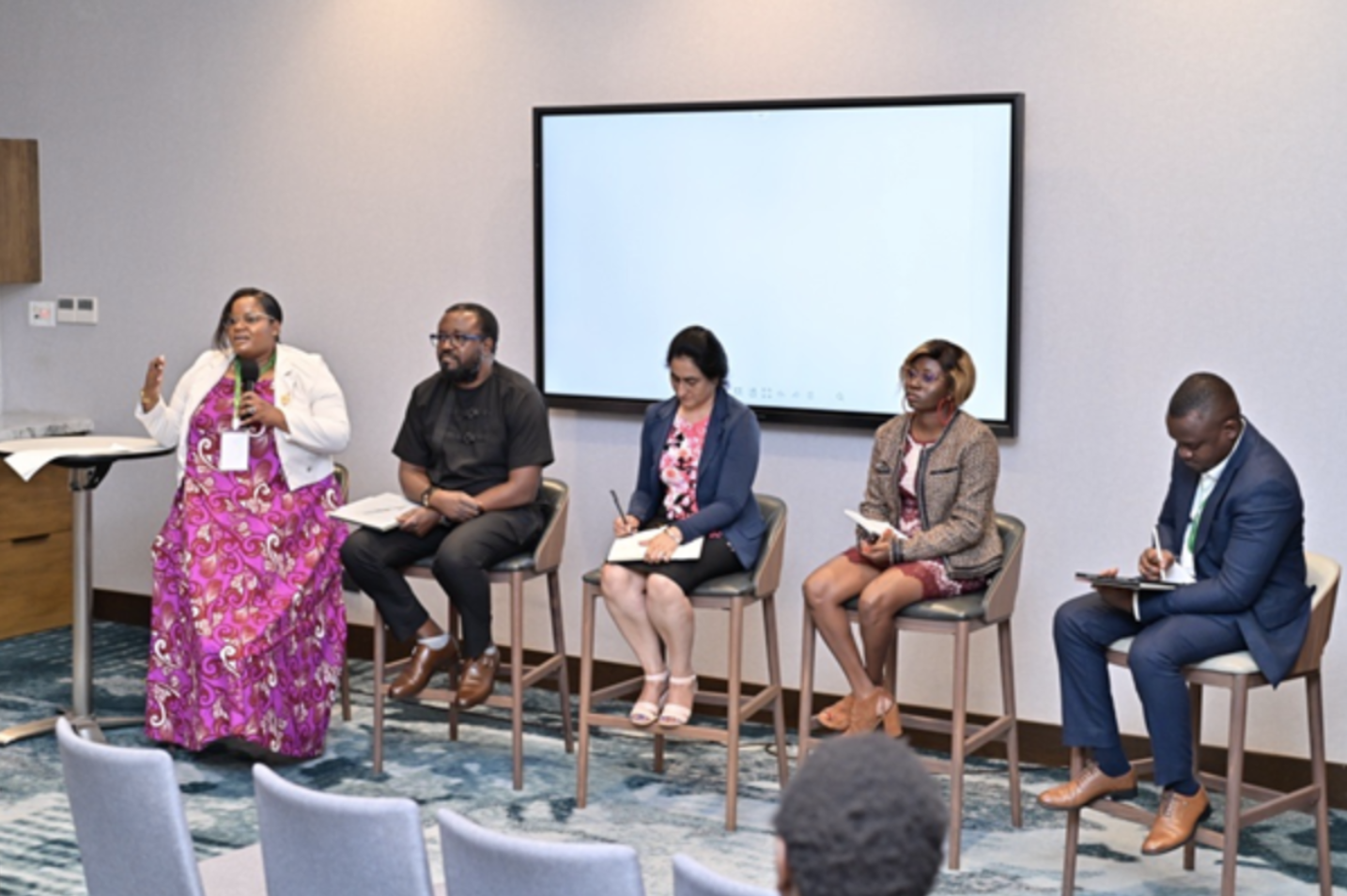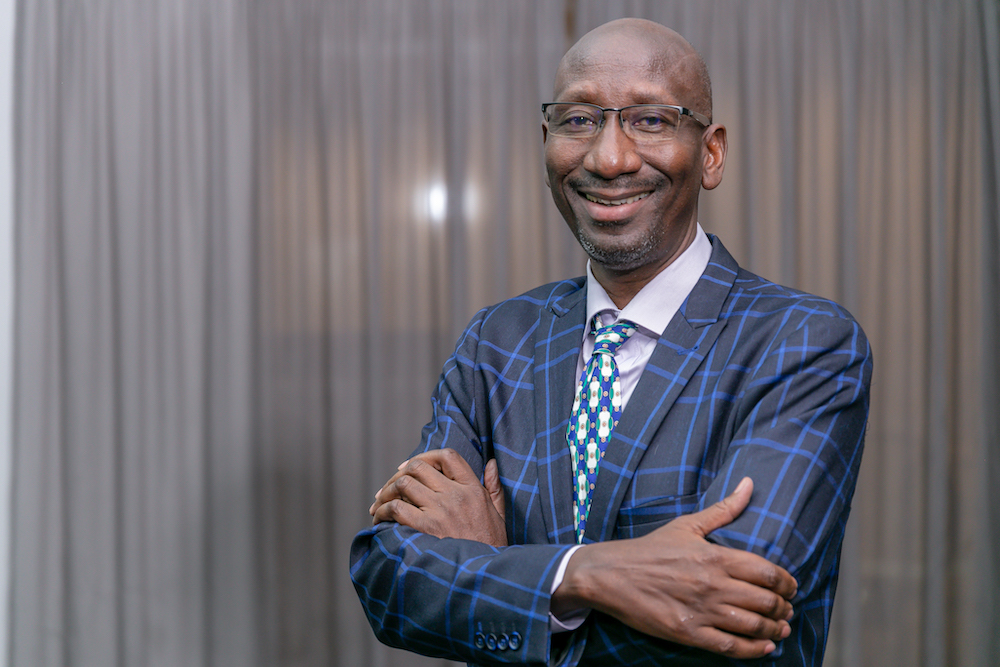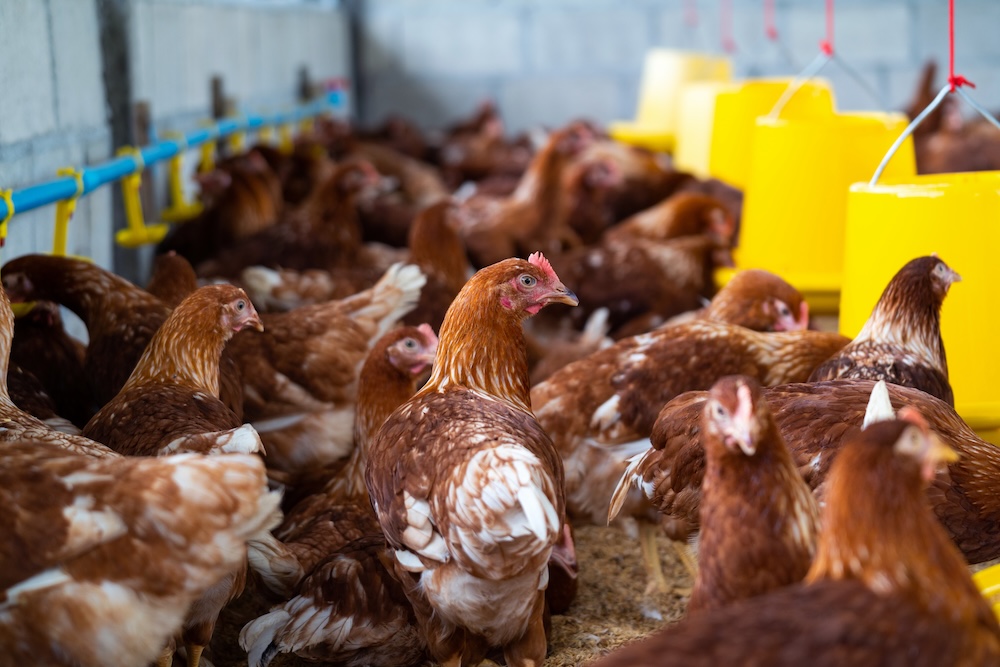
Impact Stories
Forging new paths in women’s health and natural product drug discovery
Friday, October 3, 2025
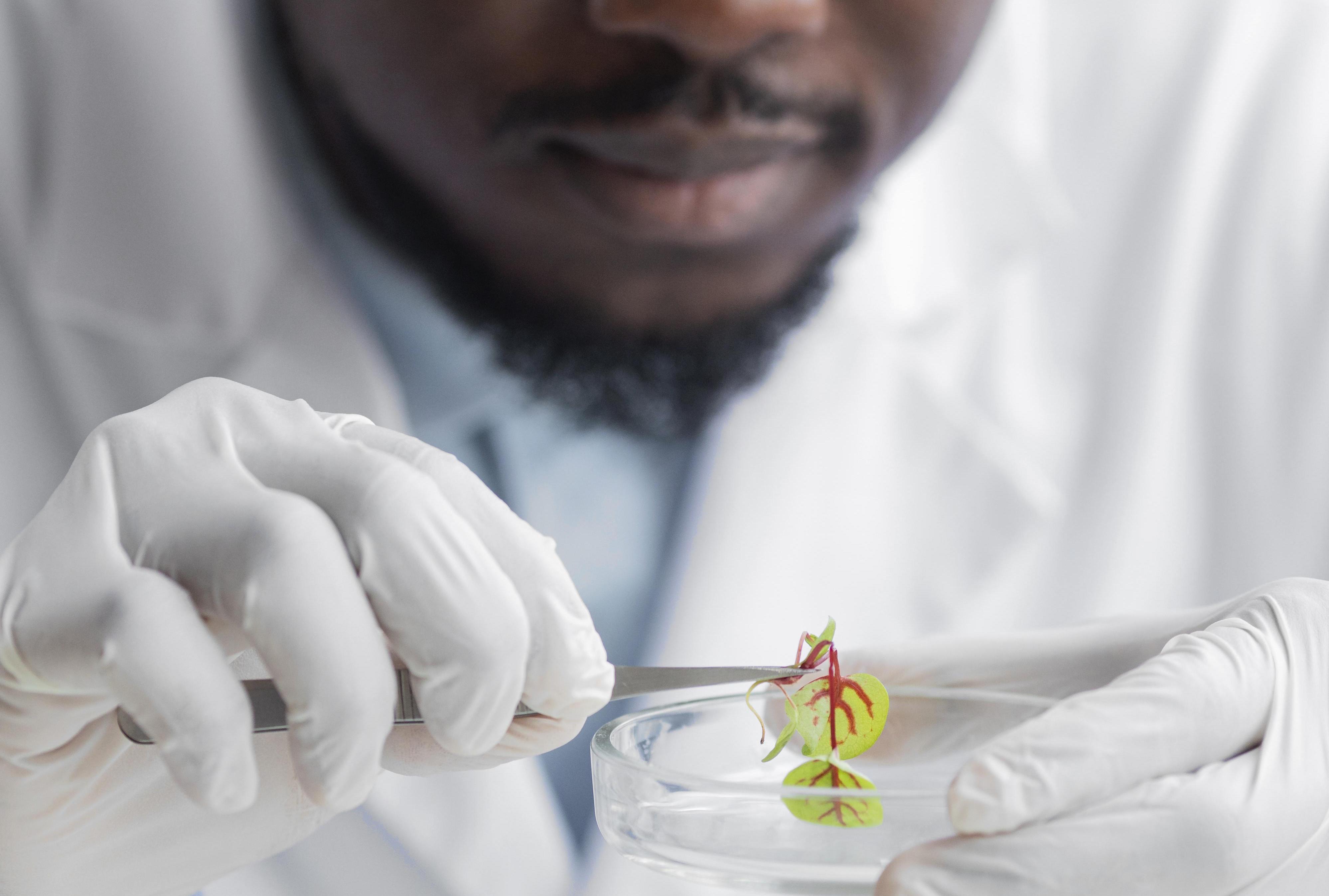
By Elizabeth Kigondu
At the heart of the Kenya Medical Research Institute (KEMRI), Dr Elizabeth Kigondu is leading a quiet revolution in women’s healthcare. She’s pioneering the development of non-hormonal, plant-based contraceptives by offering a bold alternative to conventional hormonal methods that often come with harsh side effects or cultural/religious pushback or are simply out of reach for many women in low-resource settings.
“For too long, women have had to endure the downsides of hormonal contraceptives, ranging from health complications to social stigma,” Dr Kigondu says. “Our goal is to create options that are not only safer and more effective but also rooted in local innovation and context.”
Contraception is just the beginning; she is also helping transform drug discovery in Africa. By harnessing the power of computational science and artificial intelligence, she’s driving a new era of faster, more affordable, and accessible medical breakthroughs, putting Africa on the global map of cutting-edge pharmaceutical research.
Africa’s Unique Health Needs Require Africa-Led Solutions
Dr Kigondu’s passion for science didn’t come from textbooks or lab tours it was born from lived experience. Growing up in Kenya, she witnessed the heavy toll of diseases that continue to claim lives across the continent, often in silence and neglect.
Despite Africa shouldering a disproportionate disease burden, she explains, Africa contributes less than 1% of global research. Chronic underinvestment, with most countries allocating less than 0.5% of their GDP to research and development. This is coupled with a fragile health infrastructure. But rather than be discouraged, Dr Kigondu saw a call to action.
“I have a role to play in offering solutions to the challenges affecting Africans,” she says. “But more than that, I’m committed to training the next generation of scientists who will keep this mission alive.”
Drug discovery is expensive and slow; it can take over $1 billion and 10 to 15 years to bring a single drug to market. For most African institutions, that’s a near-impossible hurdle. To break that barrier, Dr Kigondu is supporting the establishment of a computational lab at KEMRI, with vital support from the Grand Challenges Africa initiative at the Science for Africa Foundation. Her lab now harnesses in silico tools, computer-based simulations that predict how compounds behave in the body, making the early stages of drug discovery faster, cheaper, and more efficient. Thousands of molecules can be virtually screened, narrowing the field to the most promising candidates for synthesis and testing.
While still in the early stages of using artificial intelligence (AI) and machine learning (ML), Dr Kigondu and her team recently completed specialised training with the H3D Foundation and Ersilia Open-Source Initiative. The training marked a turning point, opening new possibilities for identifying potent drug candidates across diseases. “The AI/ML training opened new doors. We’re now working toward establishing a full compound screening platform at the Centre,” she says.
Challenges: Funding, Skills, and Collaboration
Setting up a cutting-edge research lab in Africa is no small feat, and Dr. Elizabeth Kigondu knows that better than most. When she began her work at KEMRI, she didn’t have much: no specialised software, no trained personnel, and barely enough computing power to get started. But what she did have was vision and relentless determination.
Undeterred, she forged key partnerships, starting with a local computational biologist, and secured seed funding through the Grand Challenges African Drug Discovery Accelerator (GC ADDA) Grant, along with institutional support from KEMRI. Backing from various global partners followed, allowing her to expand her lab and launch high-impact projects, including one aimed at finding new treatments for drug-resistant tuberculosis.
Today, her computational lab is thriving. It supports four postgraduate students, nurturing a new generation of African scientists and laying the groundwork for a self-sustaining, locally anchored research ecosystem.
Why Africa Must Lead Its Own Health Innovations
For decades, Africa has leaned heavily on foreign funding and externally driven research agendas often missing the mark on what truly matters for its people. Dr Kigondu is part of a growing movement determined to change that.
“AI-driven health research is more scalable and less expensive,” she says. “But for it to truly work for Africa, we need African governments and institutions to invest in local capacity and trust African scientists to lead.”
She emphasizes that for this shift to take root, it must be backed by supportive policies, funding frameworks, and regulatory systems that prioritise translation of science into tangible solutions. It’s not just about research output it’s about real-world impact.
The Road Ahead
Looking ahead, Dr Kigondu envisions a transformed research landscape meaningful collaboration, stronger lab infrastructure and resources, advanced training programs, and most importantly, life-changing products. Her goal? To bring a non-hormonal contraceptive into the development pipeline and finalize novel anti-TB compounds capable of overcoming drug resistance.
But for her, the real win isn’t a single product or project. “This is about building an ecosystem where African researchers lead from the front and where African science drives African solutions.”
With the continued momentum from initiatives like GC Africa and increased investment in homegrown research, Dr Kigondu’s story could soon become the norm rather than the exception, a story of innovation, ownership, and transformation, driven by Africa, for Africa.
About the Author(s)
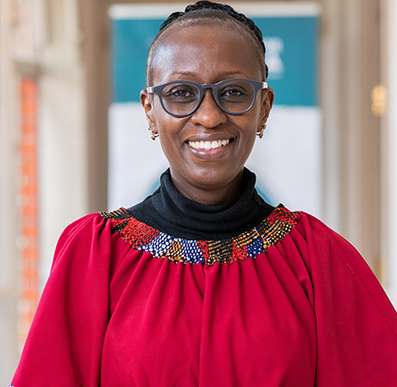
Dr Elizabeth Kigondu
Dr Kigondu is a SFA Foundation grantee under the Grand Challenges Africa initiative.
